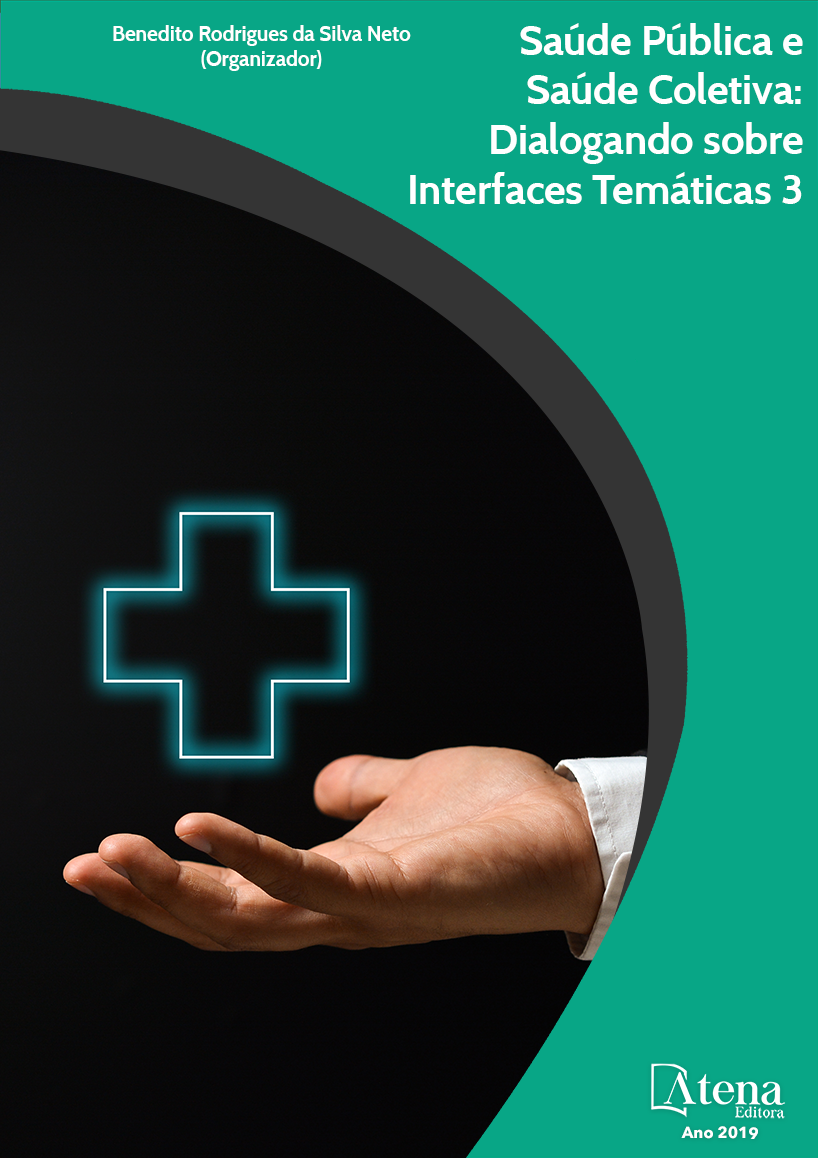
REALIDADE VIRTUAL NO PROCESSO DE REABILITAÇÃO NO PARKINSON
INTRODUÇÃO: A Doença de
Parkinson (DP) é uma condição neurológica,
decorrente da diminuição da produção do
neurotransmissor dopamina pela substância
negra, interferindo em funções de motricidade
fina, equilíbrio e marcha, diminuindo assim a
qualidade de vida de pessoas acometidas por
esta situação clínica. A Realidade Virtual (RV)
é uma ferramenta coadjuvante da Fisioterapia,
incluindo um instrumento motivacional e
lúdico ao tratamento tradicional. possibilitando
a participação ativa do indivíduo e treina
habilidade de planejamento e controle motor,
Saúde Pública e Saúde Coletiva: Dialogando sobre Interfaces Temáticas 3 Capítulo 23 206
estimula-o a traçar estratégias para superar seus desafios motores, favorecendo
a plasticidade do SNC. OBJETIVO: analisar a realidade virtual no processo de
reabilitação no Parkinson. MÉTODOS: Revisão bibliográfica, onde realizou-se uma
busca nas bases de dados PUBMED, sciELO e LILACS, utilizando os descritores
“doença de parkinson” AND “realidade virtual” AND reabilitação e seus equivalentes
em inglês de acordo com o DECs, durante o mês de junho de 2018. RESULTADOS:
Foram encontrados 27 estudos, dos quais 14 foram incluídos após o crivo dos critérios
de inclusão e exclusão. Os estudos trazem em suas abordagens a metodologia cegada
e controlada de ensaios clínicos randomizados ou estudos pilotos experimentais, que
utilizam recursos tecnológicos de realidade virtual no tratamento de individuos com
DP. CONCLUSÃO: A utilização da RV, no tratamento de indivíduos com DP mostra-se
viável, segura e aceitável.
REALIDADE VIRTUAL NO PROCESSO DE REABILITAÇÃO NO PARKINSON
-
DOI: 10.22533/at.ed.90719020923
-
Palavras-chave: Doença de Parkinson, Realidade Virtual e Reabilitação.
-
Keywords: Parkinson Disease, Virtual Reality, Rehabilitation.
-
Abstract:
Parkinson’s disease (PD) is a neurological condition,
due to the reduction of the production of the neurotransmitter dopamine by the
substantia nigra, interfering in functions of fine motor, balance and gait, thus reducing
the quality of life of people affected by this clinical situation. Virtual Reality (VR) is
an auxiliary tool of Physiotherapy, including a motivational and playful instrument for
traditional treatment. Having an active participation of the individual and the same ability
of planning and control of motors, stimulates him to draw the tools to neutralize its
motor failures, favoring a plasticity of the CNS. OBJECTIVE: to analyze virtual reality in
the rehabilitation process in Parkinson’s disease. METHODS: Bibliographical review,
where a search was performed on the databases PUBMED, sciELO and LILACS,
using the descriptors “parkinson disease AND virtual reality AND rehabilitation” and
its equivalents in English according to the DECs, during the month of June, 2018.
RESULTS: Twenty-seven studies were found, of which 14 were included after
screening for inclusion and exclusion criteria. The studies include in their approaches
the blinded and controlled methodology of randomized clinical trials or experimental
pilot studies, which use technological resources of virtual reality in the treatment of
individuals with PD. CONCLUSION: The use of RV, non-treatment of PD is feasible,
safe and acceptable.
-
Número de páginas: 15
- Monara Kedma Gomes Nunes
- Diva Aguiar Magalhães
- Maria Gislene Santos Silva
- Rikelmy Santos Sales
- Mariane de Oliveira Sandes
- Vivhyan Rios de Lima Teles
- Herika da Silva Souza
- Lauanda da Rocha Rodrigues
- José Victor do Nascimento Lima
- Luan dos Santos Mendes
- Jane Lane de Oliveira Sandes
- Anna Sofia Miranda Loiola Araujo


